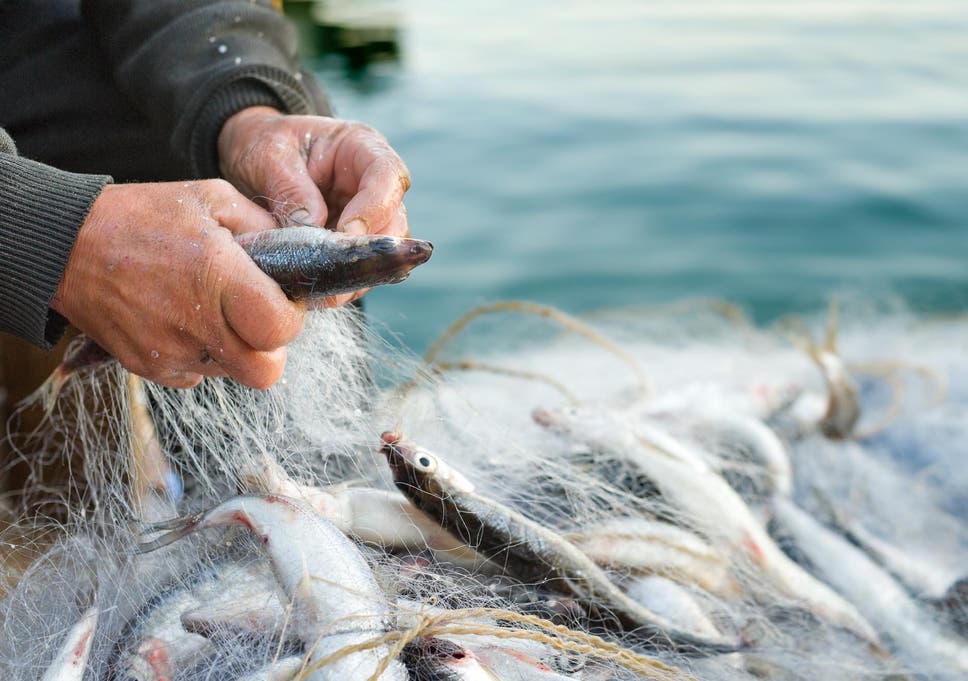
Numbers of fish being hauled out of the ocean have fallen by nearly 5 per cent as stocks are hit by rising sea temperatures.
Cod, herring and various shellfish species are among the creatures already suffering due to climate change, according to a new analysis examining data from around the world.
The decline has been even more pronounced in key fishing regions such as the East China Sea and the North Sea, where climate-induced losses have been as high as 35 per cent.
This devastation is being aggravated by overfishing and threatening the livelihoods of the 56 million people who rely on fisheries for survival.
While soaring ocean temperatures are expected to cause havoc with marine ecosystems in the future, the new findings are a grim reminder that climate change is already a reality.
“We were stunned to find that fisheries around the world have already responded to ocean warming,” said Dr Malin Pinsky, an ecologist at Rutgers University in New Jersey, who contributed to the research.
“These aren’t hypothetical changes sometime in the future.”
To conduct their ambitious analysis, the scientists examined fishing data on maximum sustainable catches stretching back to 1930, covering 235 populations of 124 marine species, and linked it with changes in ocean temperatures.
In total this represented around a third of the catch from around the world across this period.
Despite the overall devastation inflicted by warming oceans, the team noted that climate change is yielding some winners.
For example, black sea-bass populations in the mid-Atlantic have thrived even as many of their fellow fish have entered a downward spiral. However, the researchers say these positive trends cannot last forever.
“Fish populations can only tolerate so much warming,” said senior author Dr Olaf Jensen, also from Rutgers University.
“Many of the species that have benefited from warming so far are likely to start declining as temperatures continue to rise.”
If serious action is not taken by world governments to cut global greenhouse gas emissions, ocean temperatures are likely to rise by up to 3.2C by the end of the century.
This damage will be compounded by ocean acidification, another impact of higher CO2 levels in the atmosphere, as well as changes in the water’s oxygen content.
“We recommend that fisheries managers eliminate overfishing, rebuild fisheries and account for climate change in fisheries management decisions,” said Dr Chris Free, a University of California, Santa Barbara scientist who led the research.
“Policymakers can prepare for regional disparities in fish catches by establishing trade agreements and partnerships to share seafood between winning and losing regions.”
These results were published in the journal Science.







